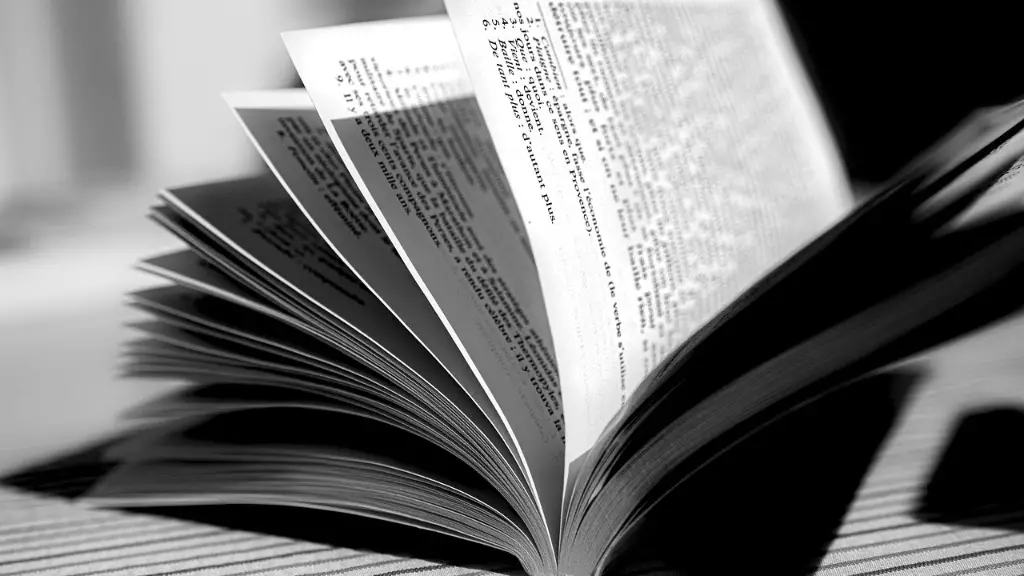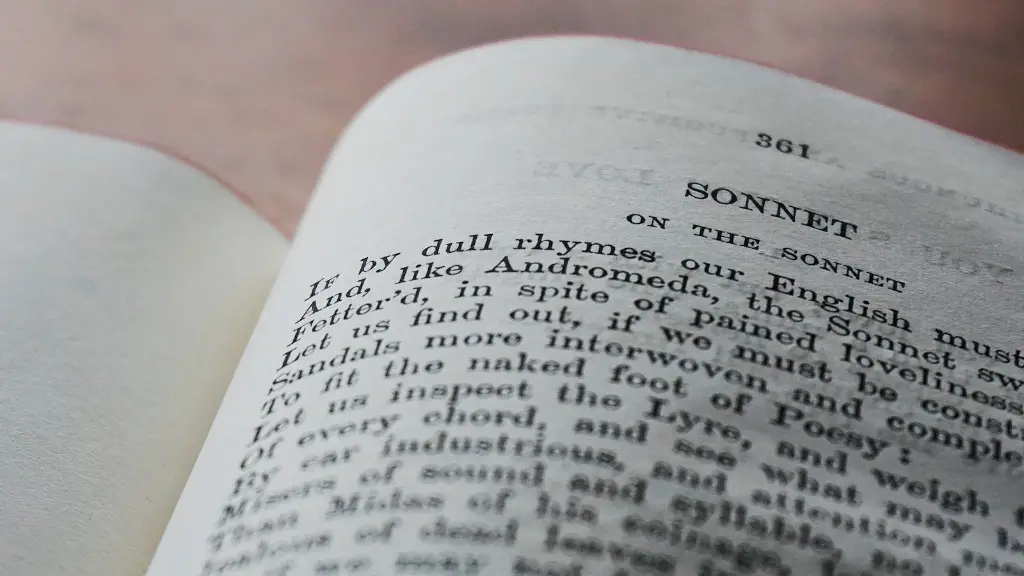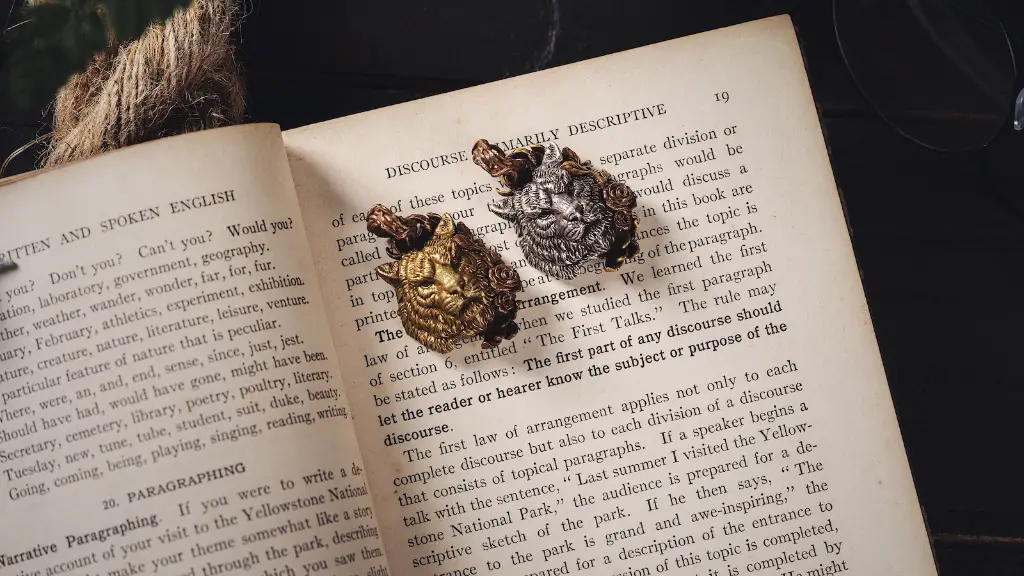Definition
Epic poetry is a form of literature that is grand in its scope and subject matter. It narrates the exploits of a hero or group of heroes, often in a long, formal narrative that begins in the middle of the action. This type of poem is characterized by its length, heroism, and supernatural components. By definition, an epic is ‘a long narrative poem… depicting the adventures of a hero or gods’ or ‘an extended work of literature or music’. Throughout history, epic poetry has been heavily associated with high cultural values and has taken many forms – often oral, but written works as well. So what are some of the hallmarks of epic poetry in literature?
Length and Subject Matter
Epic poems are certainly eye-catching in terms of content and length. A classical epic could be thousands of lines long. Two of the most famous examples come from ancient Greece – Homer’s Iliad and Odyssey – and the Old English Beowulf. Epic poems often cover grandiose subject matters such as bravery, heroism, journeys and battles. Notable characters can narrate their own tales about gods and monsters in addition to characters from history or myth.
Metre and Rhythm
Epic poems have a distinct non-rhyming metre, with traditional techniques employed to create a sense of unity throughout the text. These may include devices such as repetition, assonance and alliteration. Epic poetry often been composed through a form called dactylic hexameter – the metrical pattern employed by Virgil’s Aeneid and Homer’s Odyssey and Iliad. This form involves six da-da-dum beats, with the emphasis falling on the first and fourth beats.
Role in Society
From the ancient Greeks to the Romans, epic poetry has been closely linked with societal values. It teaches us not just a narrative, but also the wisdom and qualities that we ourselves should aspire to. Moreover, epic poetry has reverberated down the centuries in various forms and adaptations, from the epics of India and the Middle East to epic films like the Lord of the Rings. The way in which epic poems reveal the richness of a society’s culture continues to this day.
Authors and Popularity
Many of the authors of epic poetry have become immortalised over time – from Homer and Virgil, to Dante and Milton. Epics like Beowulf, Iliad and The Odyssey have been widely studied in curricula, with Beowulf often cited as the earliest surviving example of English literature and the Odyssey being seen as literature’s gateway to the imagination.
Analysis and Insight
Epic poetry is highly evocative due to its length, its themes of heroism, and its thematic exploration of a people’s history and values. It has been used a powerful tool to transmit a culture’s history and values to the next generation. Furthermore, the metre and rhythm of epic poetry lend an extra emotional depth, immersing us in a sense of adventure and conquest.
Influence on Other Art Forms
Epic poetry has found its way into all aspects of culture, from film and television to theatre, literature, and music. Through referencing icons from past epics, much like the River Styx from Virgil’s Aeneid and mythological creatures from Homer’s The Odyssey, we can bring the power of memory and nostalgia to our stories, resonating with audiences of all ages.
Conclusion of the Original Topic
In conclusion, epic poetry has a crucial role in the development of literature and art. Its heroic characters, powerful narratives and grand themes have resonated throughout the ages. Moreover, its memory-evoking motifs and its technical innovations have influenced many other forms of art, from literature to music and film. Epic poetry continues to be a popular, dynamic and far-reaching form of art.
The Impact of Epic Poetry on Education
Epic poetry has a prominent place in classrooms and universities around the world. Its themes of courage, loyalty, honour and glory have particular relevance in the current educational climate. By studying the characters and plotlines of classic epics, students can gain knowledge of the cultural origin and context of the work. By examining the epic structure, students can learn about patterns in literature and how to craft their own stories. Epic poetry is an essential and relevant topic to be studied in education, and provides an integral foundation to literature.
How Popular is Epic Poetry Today?
Despite being centuries old, epic poetry and its influence are still powerful in our modern cultural landscape. Epic films like Lord of the Rings, Harry Potter and Star Wars bring to life the heroic characters, battles and journeys of epic tales. Epic music is used in a broad range of genres to share important themes and ideas. From rap battles to classical symphonies, epic music has helped us to appreciate daring deeds and big ideas. Today, we can also look to spoken word poetry and rap music to take us on a journey of courage, bravery and emotion.
The Meaning of Epic Poetry for Future Generations
Epic poetry is rooted in the past, yet its reach extends to the future. It has the potential to shape generations to come, inspiring them with its power of storytelling and its moral and political messages. As we look to the future, it is crucial that we explore its potential to help us create stories and experiences that will assist in developing our understanding of ourselves and our own cultures.
The Intersection of Epic Poetry with Gender Representation
In terms of gender representation in epic poetry, there are understandably few female protagonists. Traditionally, males have dominated the epic genre, with notable exceptions being Virgil’s Aeneid and Homer’s Odyssey. However, more recently works of more subtlety such as Margaret Atwood’s The Penelopiad have shifted the focus onto women characters. Interestingly, Atwood’s work is a re-imagining of the Odyssey from the perspective of Penelope, Odysseus’ wife. This shift towards including female perspectives reflects the changing social landscape, with female characters now playing an active role in the epic narrative.
Epic Poetry in Popular Culture
In today’s popular culture, epic poetry can continue to be found in various forms. From modern music to literature, characters, plots and motifs from classic works appear everywhere – from popular television programmes like Game of Thrones to the latest superhero movie. Thus, although it may not be recognised as such, epic poetry is still relevant in today’s society. For example, video games often feature epic plots and characters, inspiring players by taking them on imaginary adventures across dangerous lands.
The Increasing Presence of Epic Poetry on Social Media
In recent years, social media platforms have become powerful tools in the sharing and discussion of epic poetry, providing users with access to vast amounts of information about the topic. Nowadays, we are able to engage with epic poetry in countless ways, from comparing and critiquing different translations to discovering evidence and gathering research from experts. Using social media, users can truly immerse themselves in the world of epic poetry.



